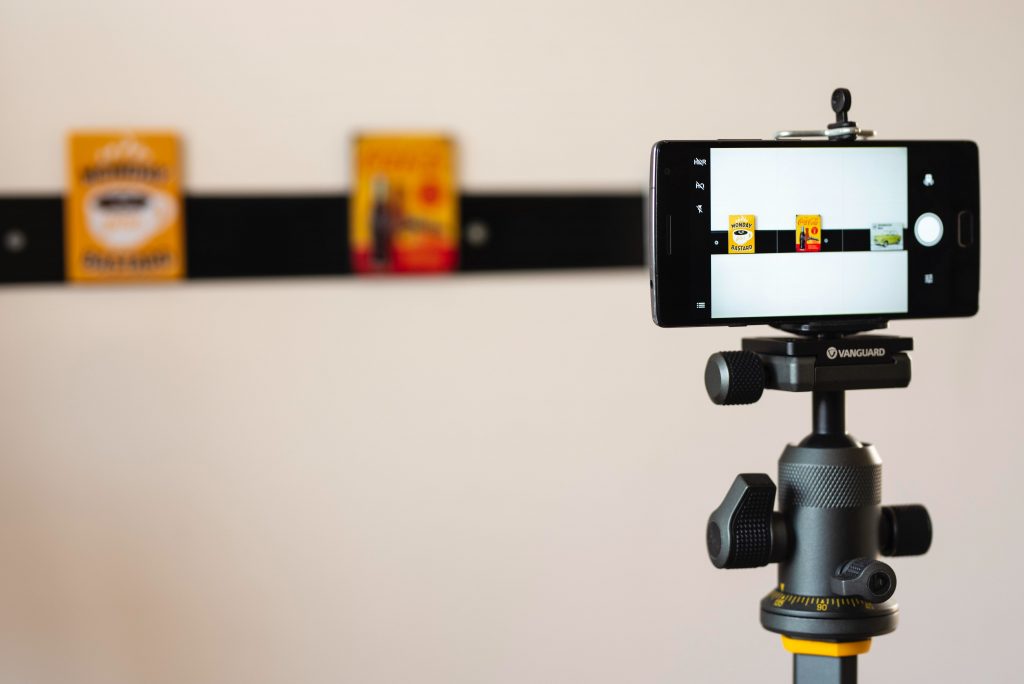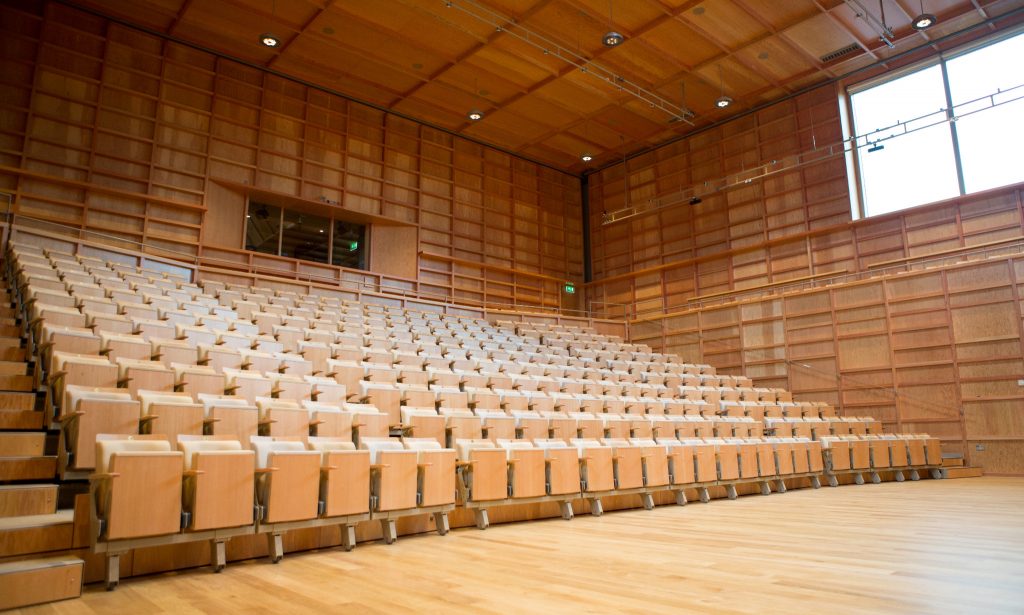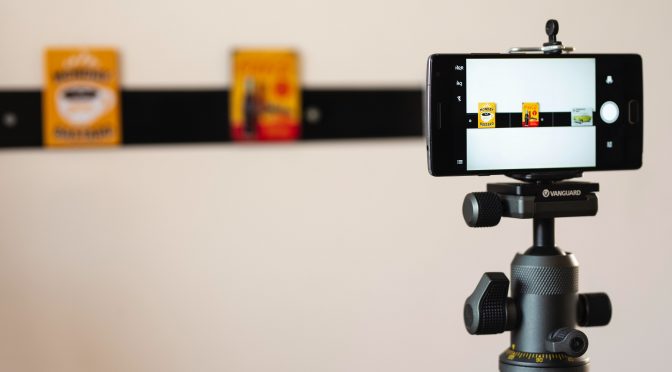Lights, camera – action.
Or, currently, more likely: lighting (pulling curtain, adjusting angle-poise lamp), camera-phone (or webcam) – tripod (or dodgy pile of precariously-balanced books) – internet signal (strength variable but should suffice) – crossed fingers – Go Live / Start Stream.

The lifting of the curtain, the hushed expectancy of the audience as the music begins or the first words are uttered on the stage. The first moments of what, hopefully, is a magical, captivating, challenging performance, created after hours of endless work in crafting a flawless experience that hides well the hours spent in making it. At the moment, that’s all gone.
Whilst lockdown has afforded new ways of realising creative ideas, it also underlines how hard it is to bring about a ‘traditional’ live event. Performers can’t engage with live listeners in the same way, with a packed house, an eager audience.
Perhaps what we need to be doing, as performers, as a creative community, is to be spoiling the illusion of our craft – the effortless musicianship, those memorised monologues, that perfect piece of sound engineering – to show just how hard it is to keep delivering the arts under lockdown. We work hard to conceal the hard graft behind what we do – hours of practice, learning lines (or writing them), or working at the mixing-desk to deliver the best possible audio quality – to make the experience as flawless, as effective as possible; but it’s even harder to do this on digital platforms, over Zoom, over dodgy wifi, with no live audience or listeners from which to gauge a reaction, to feed off the energy of their expectancy, their involvement in the performance.
We spend years developing the skills to hide the years it has taken to perfect them
If we now spoil the illusion – a sort of artistic ‘show your working’ – it may help to convey the heroic, additional efforts artists are making to keep providing creative content for people to enjoy at the moment. I realise this goes against the grain of the many years performers spend concealing their effort to make the performance appear instinctive, intuitive, effortless – but this might be a time actually to show it. We spend years developing the skills to hide the years it has taken to perfect them.

The tools for delivering the arts (auditoria, stages, acoustics, galleries) are often adept at enhancing (and in some cases purpose-built to enhance) the experience. We shouldn’t be afraid of making audiences aware of this, to help them understand the importance of them too. And although the arts are much more (so much more) than the spaces in which they take place, we need to act in order to make sure that people appreciate that those venues need to be supported in their current efforts to survive, so that they are still standing when we need them, when they are able to open their doors once more.

